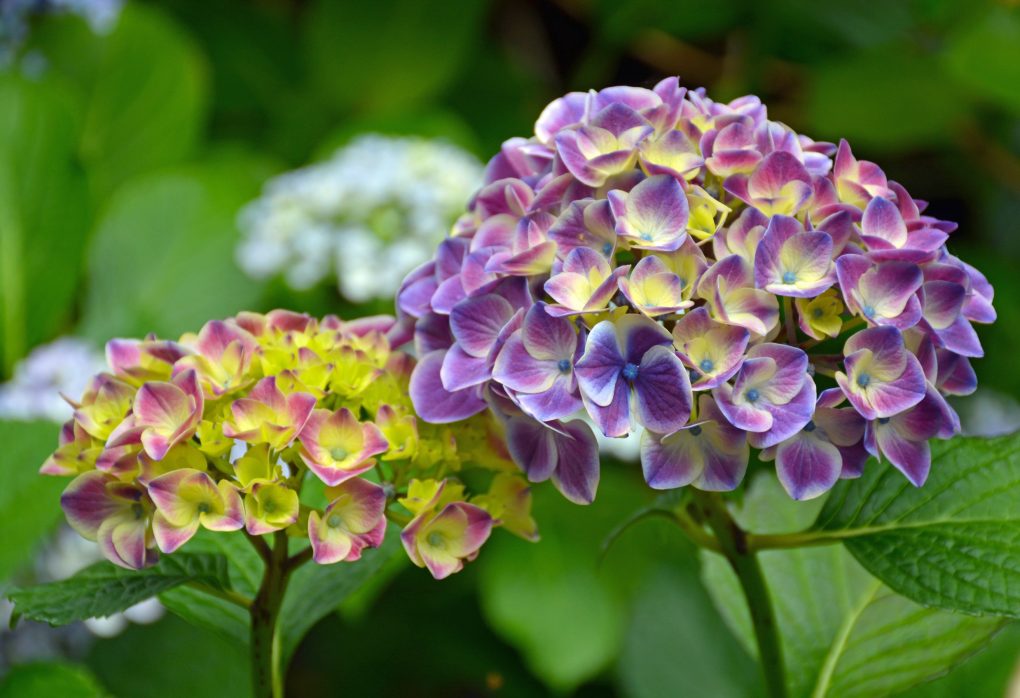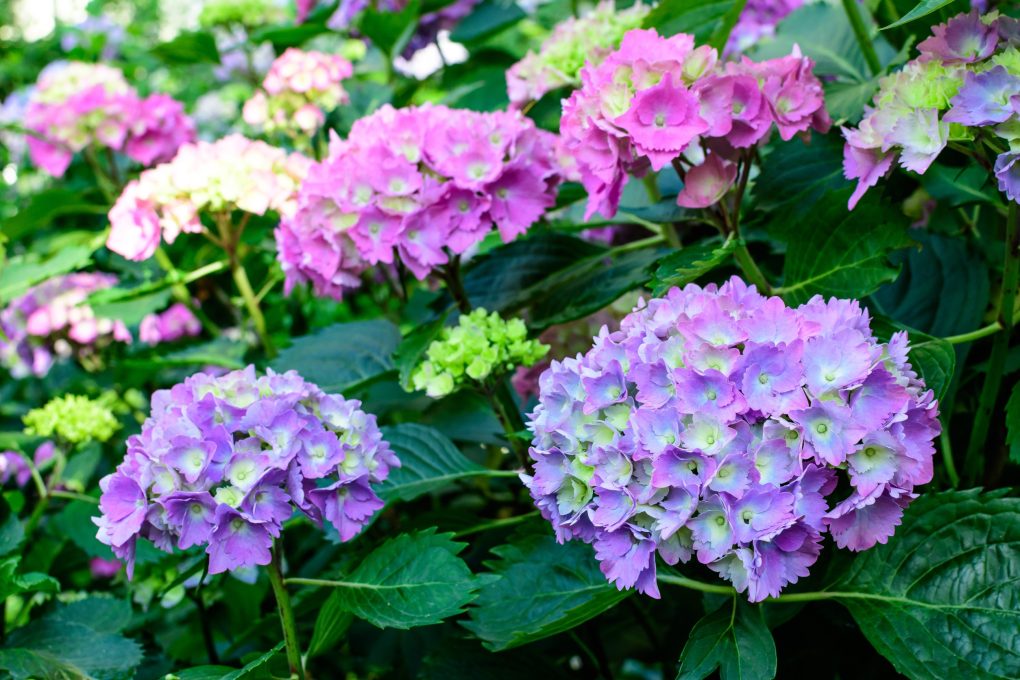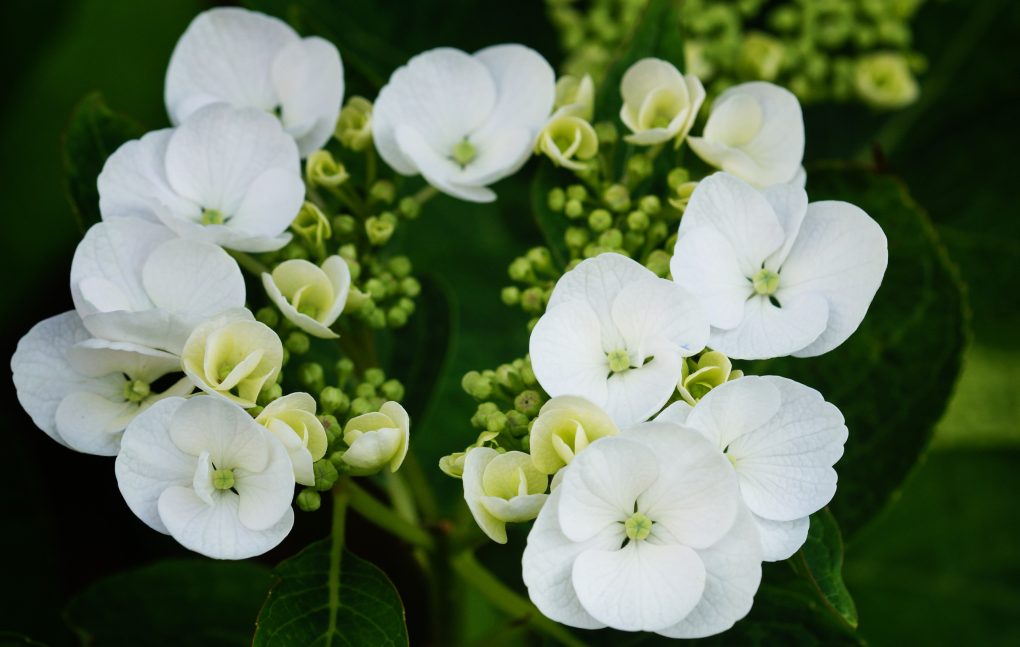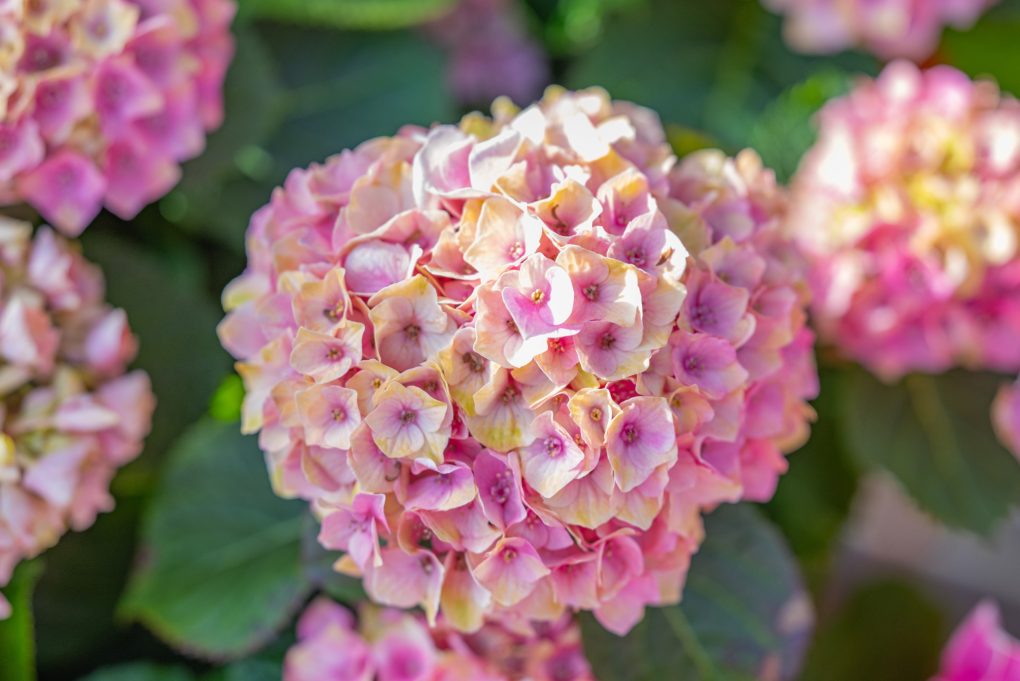Are Hydrangeas Deer Resistant? Exploring the Plant’s Ability to Deter Wildlife
Hydrangeas are not entirely deer resistant, and while they might not be the first choice for deer to feed on, they will be eaten when more preferred plants are unavailable.

Deer resistance in plants varies depending on environmental factors, food sources, and deer populations in a given area. Although hydrangeas are moderately deer resistant, it’s still essential to use repellents or physical barriers to protect them from deer, especially when food is scarce for these animals.
Table of Contents
Hydrangeas and Deer

Hydrangeas are popular flowering shrubs known for their large, showy blooms. However, many gardeners may wonder if hydrangeas are deer-resistant. While some hydrangeas are more deer-resistant than others, it is important to understand that no hydrangea variety is completely deer-proof.
Deer Resistant Hydrangea Varieties
While no hydrangea is completely deer-resistant, some varieties are less likely to be damaged by deer than others. Here are some hydrangea varieties that are considered to be more deer-resistant:
| Hydrangea Variety | Deer Resistance |
| Paniculata hydrangeas | High |
| Smooth hydrangeas | Moderate |
| Mountain hydrangeas | Low |
| Oakleaf hydrangeas | Low |
Factors that Affect Deer Resistance
While some hydrangea varieties may be more deer-resistant than others, several factors can affect a plant’s deer resistance. These factors include:
- Location: Plants near wooded areas or other areas where deer are known to frequent may be more likely to be damaged by deer.
- Season: Deer are more likely to feed on plants in the winter when other food sources are scarce.
- Plant Health: Plants that are stressed or unhealthy may be more attractive to deer.
- Plant Age: Younger plants may be more attractive to deer than older, established plants.
While no hydrangea variety is completely deer-proof, planting deer-resistant varieties and taking steps to deter deer can help minimize damage to your plants.
How to Make Hydrangeas Deer Resistant

Hydrangeas are a beautiful addition to any garden, but they are also a favorite snack of deer. Here are some methods to make hydrangeas deer resistant:
Natural Deer Repellents
Several natural deer repellents can be used to keep deer away from hydrangeas. These include:
- Planting deer-resistant plants around hydrangeas
- Using strong-smelling herbs like lavender and rosemary to deter deer
- Applying deer-repellent sprays made from natural ingredients like garlic and hot peppers
While these methods can be effective, they may need to be reapplied regularly to maintain their effectiveness.
Fencing and Netting
Fencing and netting are effective ways to keep deer away from hydrangeas. Here are some options:
| Type of Fencing/Netting | Pros | Cons |
| Electric Fencing | Highly effective | Expensive and requires professional installation |
| Plastic Netting | Relatively inexpensive and easy to install | May not be as effective as other methods |
| Metal Fencing | Durable and long-lasting | Can be expensive and may not be aesthetically pleasing |
When using fencing or netting, it’s important to ensure that the entire plant is protected and that the fencing or netting is tall enough to prevent deer from jumping over it.
Other Deer Control Methods
Here are some additional methods for controlling deer:
- Scare tactics, such as motion-activated sprinklers or noise makers
- Using deer-resistant varieties of hydrangeas
- Planting hydrangeas in areas where deer are less likely to roam
While these methods may not be as effective as fencing or netting, they can still help to reduce deer damage to hydrangeas.
Conclusion

Hydrangeas are popular for gardeners due to their beautiful blooms and easy maintenance. However, when it comes to deer resistance, they are not the best option. Deers are known to graze on hydrangeas, especially during food scarcity.
That being said, certain hydrangeas are less appealing to deer, such as the panicle hydrangea and the smooth hydrangea. Additionally, some measures can be taken to deter deer from eating hydrangeas, such as using deer-resistant plants as companions or installing a physical barrier around the plants.
Ultimately, whether or not to plant hydrangeas in a deer-prone area is a personal decision that should be based on a variety of factors, including the gardener’s preferences, the local deer population, and the availability of other deer-resistant plants.
While hydrangeas may not be the most deer-resistant option, they can still be a beautiful addition to a garden with the right precautions and care.
